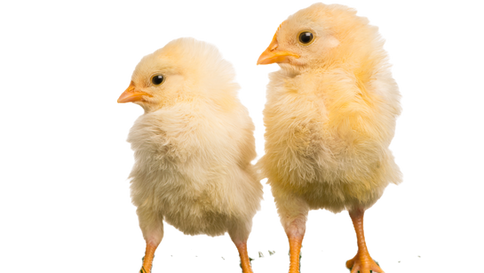About Our Mission
The Legal Vegan is a platform offering timely news, expert insights, spotlights on compassionate businesses and charities, and the latest on animal law. Our updates and educational features are designed to not only inform, but inspire you to take meaningful steps toward helping animals.
Join our community to learn, stay engaged, and become empowered to make a real difference for all living beings!
About Me
I am a third-year student in the Juris Doctor Common Law program at the University of Ottawa, and I have decided to begin a new career helping animals as a legal advocate.
I know now that my purpose is to practice animal law and make Canada a better place for farmed animals, wild animals, domesticated animals, and animals involved in experimentation.
About Them
My goal is to work to protect all animals from abuse and neglect, as well as end all commodification of
animals for entertainment, utility, food, and uses that do not serve animals directly.
I believe that animals deserve to be considered legal persons, not property, and I will work toward making that a reality during my legal career.














